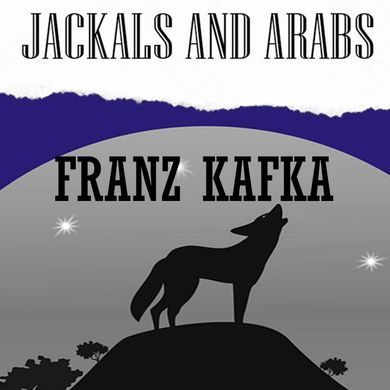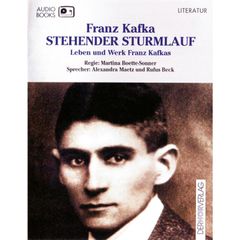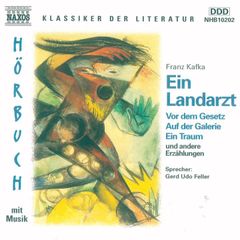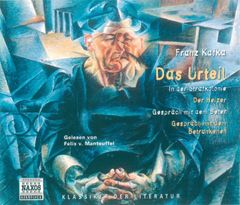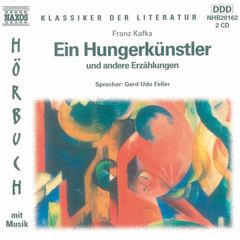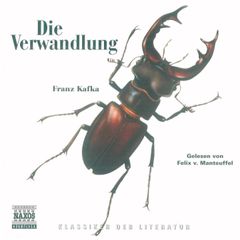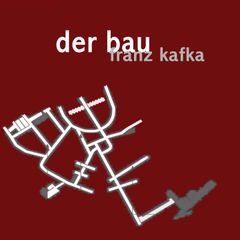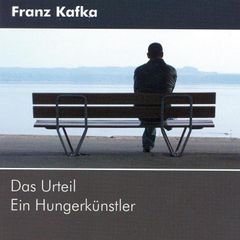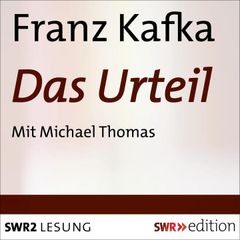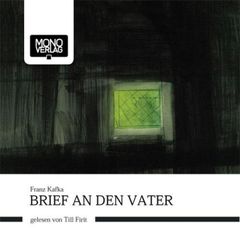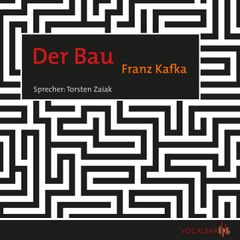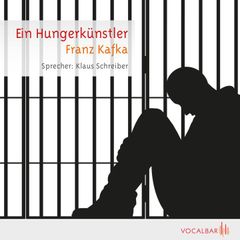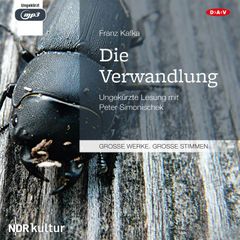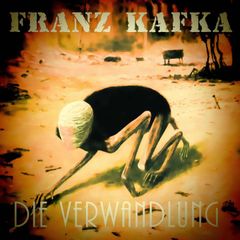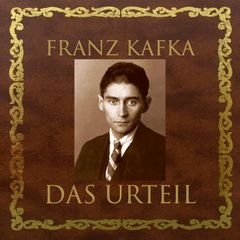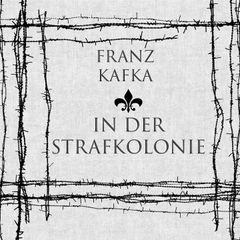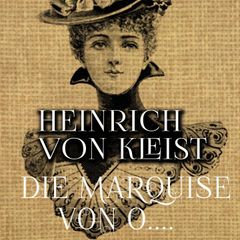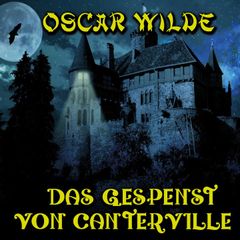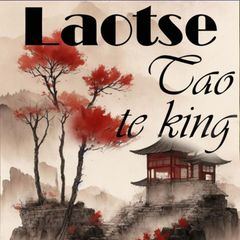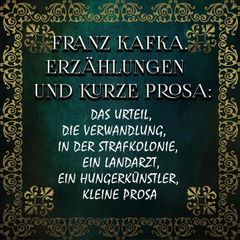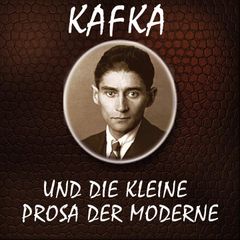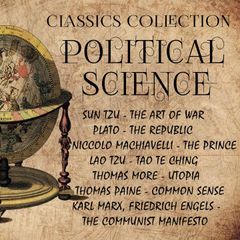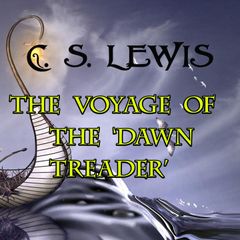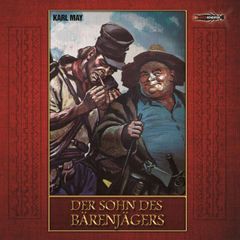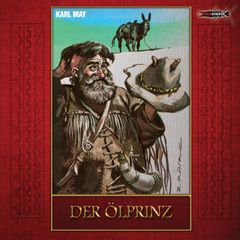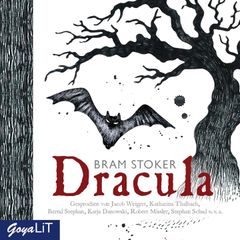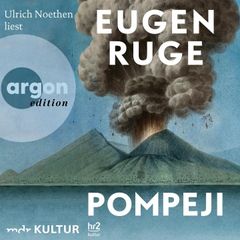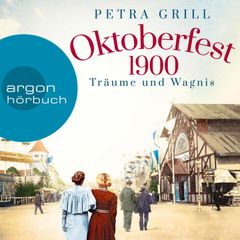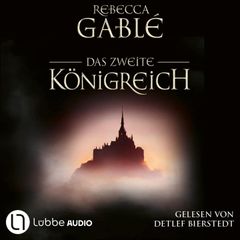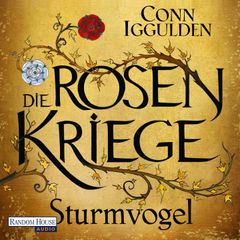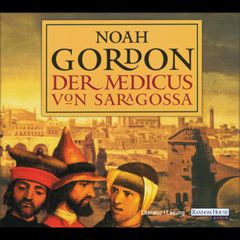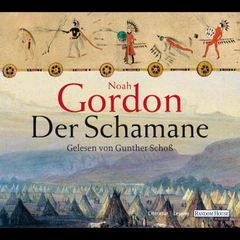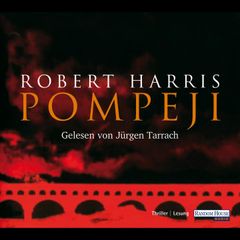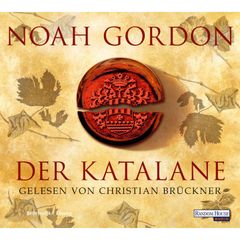- Hörbuch
- 2025
- 10 Min
- Strelbytskyy Multimedia Publishing
Search Links
Titel
Jackals and Arabs
Beschreibung
"Jackals and Arabs" is a short story by Franz Kafka, written and published in 1917. The story was first published by Martin Buber in the German monthly Der Jude.
A European traveler from the North, accompanied by Arab guides, is camped in the desert. When night falls, and the Arabs are at a distance, the traveler is accosted by talking jackals. The jackals speak of an age-old hatred for Arabs, whom they associate with uncleanliness. They relate a belief passed down from their ancestors, that a man such as the protagonist would be the one to "end the quarrel which divides the world in two". The jackals attempt to enlist the traveler's assistance in destroying them, offering him old rusted scissors with which to slit the throats of the Arabs.
At this moment an Arab happens upon the discussion, and cracks his whip, "laughing cheerfully". He declares the fondness of Arabs for jackals, and the Arabs bring out the carcass of a camel that had died in the night. The jackals begin to feast on it uncontrollably, and the Arab whips several of them as they tear at the flesh of the carcass, until the European interferes. The Arab agrees to stop, and the story ends: "We'll leave them to their calling. Besides, it's time to break camp. You've seen them. Wonderful creatures, aren't they? And how they hate us."
Auf öffentlichen Listen dieser Nutzer
Dieses Hörbuch ist noch auf keiner Liste.
Produktdetails
Autor:
Titel:
Jackals and Arabs
gelesen von:
Sprache:
EN
ISBN Audio:
4069828111660
Erscheinungsdatum:
27. Januar 2025
übersetzt von:
Schlagworte:
Laufzeit
10 Min
Produktart
AUDIO
Explizit:
Nein
Hörspiel:
Nein
Ungekürzt:
Ja
Über den Autor:
Franz Kafka (1883 – 1924) was a Jewish Austrian-Czech novelist and writer from Prague who wrote in German. He is widely regarded as a major figure of 20th-century literature.
His work fuses elements of realism and the fantastic, and typically features isolated protagonists facing bizarre or surrealistic predicaments and incomprehensible socio-bureaucratic powers. It has been interpreted as exploring themes of alienation, existential anxiety, guilt, and absurdity.
His best known works include the novella The Metamorphosis (1915) and the novels The Trial (1924) and The Castle (1926). The term Kafkaesque has entered English to describe absurd situations like those depicted in his writing.
